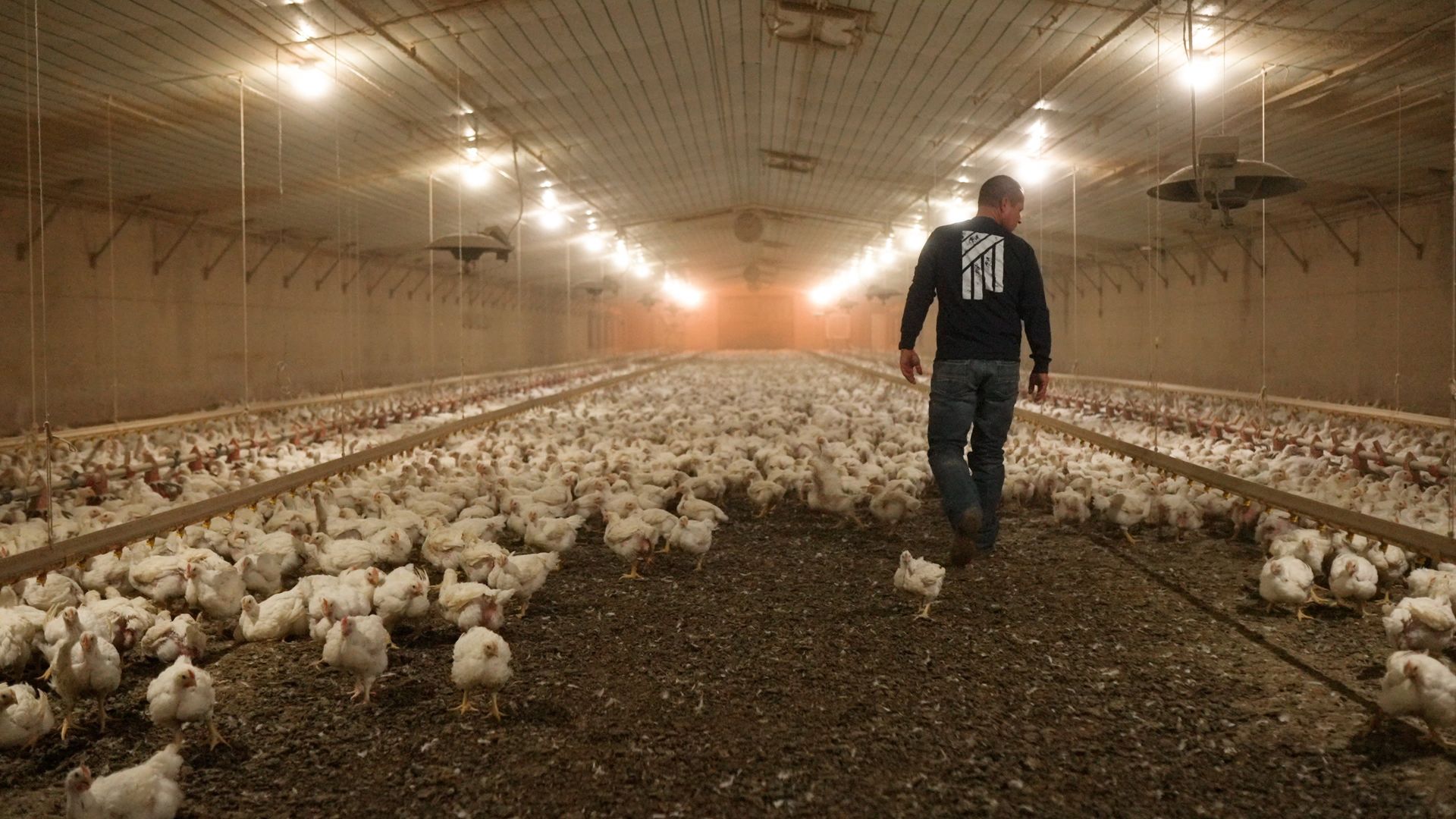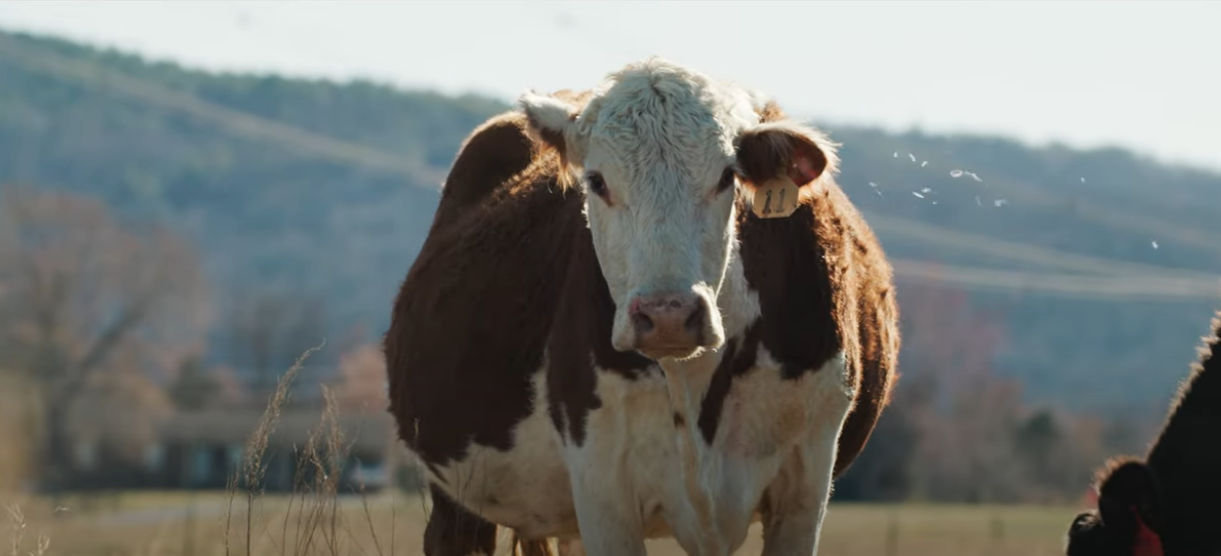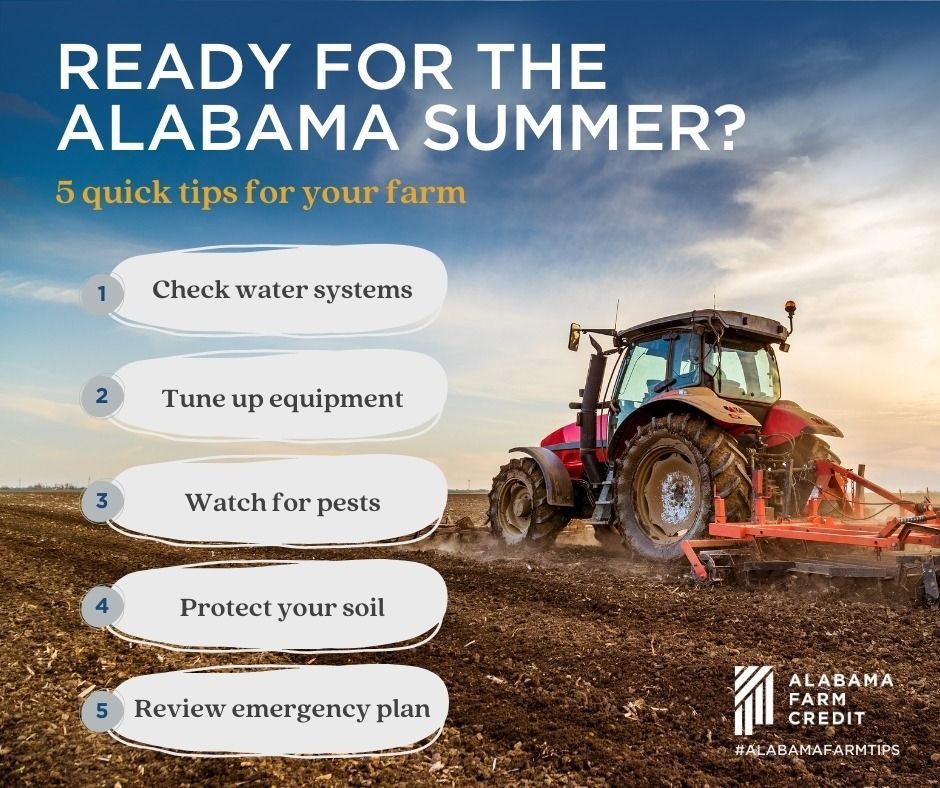What is Poultry Farming?
What is Poultry Farming?

Poultry farming is a monumentally important area of agricultural production globally and locally. As a multi-billion-dollar industry, the ability to effectively raise poultry requires strategic planning, innovation, and modern agribusiness approaches that are both sustainable and economical.
Poultry farming is raising domesticated birds to produce meat, eggs, and other goods. Every year, Alabama is among the top producers of broiler chickens in the nation, and poultry is one of the largest industries in the state, making up about 1/8 of Alabama's economy.
Alabama Farm Credit is a proud supporter of poultry farmers of all types and supplies the financing necessary to run successful poultry operations.
Let's look at the types of poultry farming in our state and how we assist these producers with their needs.
Different Types of Poultry Farming
There are quite a few different types of poultry operations that produce strong, healthy birds for the production of consumer goods.
Chicken Broiler Farms
These operations consist of raising chickens that are bred specifically for meat production. Broiler production is usually a four to ten-week process but varies depending on desired processing weight, which can range from 3.5 pounds up to 12 pounds.
Breeder/Laying Farms
Breeder farms provide the hatching eggs used to supply broiler farms, while layer egg facilities provide table eggs. The hens usually lay for a period of 10 or 11 months and are harvested for other uses at the end of the cycle.
Pullet Farms
Pullet farms produce the hens for the breeder/layer farms. These birds are reared from hatch until around 20-22 weeks when they are transported to the breeder/layer farm.
Other Poultry Farming Types
Geese
Raising chickens has grown in popularity; even in certain city limits, people are establishing a backyard group. However, having a large gaggle of geese is less practical for suburban and urban farmers. Geese need larger open spaces or pasture, about 10 square feet per bird. Suburban and city backyards can't accommodate this space requirement.
Commonly referred to as waterfowl, ducks and geese are also widely produced poultry. Geese varieties are wide, but common types include Embden Geese, Pilgrim Geese, and Steinbacher Geese. Ducks are also domesticated or commercially raised and include varieties such as American Pekin, Grass Duck, and Call Ducks, among others.
If your current land can accommodate geese, there are many reasons to add geese to your farm. The benefits of raising geese include:
- Cold weather isn't an issue. Geese are hardy birds.
- Geese are relatively easy to maintain and self-sufficient.
- Diets are less complicated than chickens or other fowl.
- Geese eat weeds and grasses over bugs.
- Due to their larger size, predators may be less of an issue.
- Geese can help protect other smaller birds, including ducks.
- Geese are noisy and can be an excellent alarm system.
Some issues to look out for if raising geese:
- Geese need water; even a child's pool is welcome for smaller or hobby farms.
- Keep an eye out for freezing temps and water features.
- Geese eggs need to be moist while in the nest or incubator.
- Geese are noisy.
Ducks
Whether raised for meat or eggs, ducks can be a great addition to poultry farming. However, ducks have a few different requirements than geese.
Many types of ducks can do well in a small coop, which is nice if you're starting a small-scale poultry farm. Ducks aren't as loud and aggressive as geese but are known for putting the foul in fowl. Ducks are smelly; large poultry farms must maintain ventilation and other sanitation issues. Depending on the type or variety of duck, each will have specific needs, and your farm will need to accommodate them.
What Do I Need to Start a Poultry Farm?
Determining what you need to begin your poultry farm depends on the type of poultry you plan to raise, the expected size of your farm, your budget, your experience, and your long-term goals.
It takes a wealth of knowledge to understand the ins and outs of helping your purchase a poultry operation or start one. That's why Alabama Farm Credit specializes in creating custom poultry loans that align with income stream needs, life cycles, cash flows, and other unique characteristics.
Some of the critical components you will likely need to start a poultry farm include:
- Flexible financing of your loan and credit.
- Sizeable acreage.
- Poultry housing and related buildings and structures.
- In-house equipment for feeding, heating, storage, sanitization, etc.
- Equipment used for maintenance and flock preparation.
- Connections to the supply chain and a robust financial plan.
Before you buy equipment or start to build, it's always best to talk with an experienced lender who knows the industry and can help connect you with the financial tools to support your Agribusiness.
Apply for a Poultry Loan
The knowledgeable lending team at Alabama Farm Credit is here to assist you with competitive financing and expert support with your poultry farm. Contact us today for questions about our products and services and get started on your custom poultry loan. Apply for a loan today!







